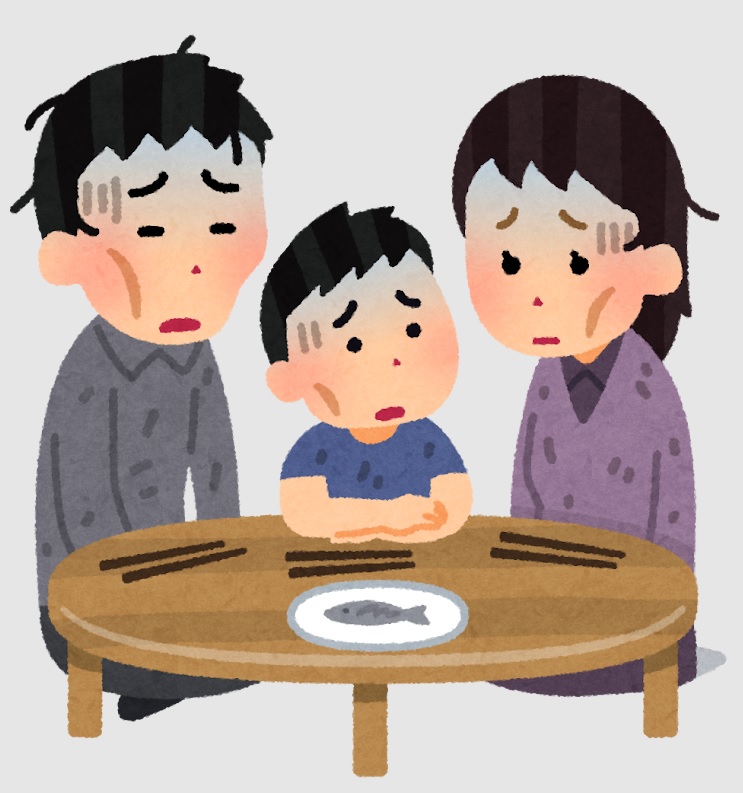「浪費にこそ人生の豊かさあり|豊かな人生は賢い使い方から始まる」
〜前回のつづき〜
●どう生きるかをデザインする~節約を超えて自分らしい豊かさへ~

自分がどう生きたいか?
大前提として
節約するというのが
目的そのものではない
というのは
理解しておいてください。
・豊かに生きる
・幸せに生きる
・自由に生きる
この辺が目標だと思うんですよね。
自分がどう生きたいか?というのが
すごく大事です。
どんな人生を歩みたいのか。
・経済的自由とは?
・それはどれぐらいの収入なのか?
・どんな生活なのか?
ここを考えて
自分の軸を決める
というのがやはり大事ですよね。
●数字と感情のバランスで描く豊かな人生~お金も心も人生を豊かにするための道具~

お金の豊かさと心の豊かさ。
数字と感情を一旦分けて考えましょう。
あくまで
数字で損か得かという話が前提として
今回の場合はお話ししています。
かと言って
感情を入れなければいいのか?
感情は入れてもいいです。
ただ
一旦分けて考えてほしい。
その後
感情は入れればいいです。
・どうしても車に乗りたい
・広い家に住みたい
・美味しいものを食べたい
などなどこれは自由です。

浪費にこそ人生の豊かさあり
というのは
これはこれでそうだと思います。
お金だけで
ずっと損得だけで考えたら
・一番安い牛丼とかを毎日ずっと食べる
・一生もやし食べてる
そういう
生きてさえいければいい
と削り出したら
すごく削れるじゃないですか。
でもそれは
全然豊かじゃないですよね。
心が豊かじゃない。
寂しくなっちゃいますよね。
だからお金だけ貯めて
死んでいってもしょうがない
というのも事実です。
だから
お金を使ったらいいんです。
使ったらいいし
たまには
浪費もしたらいいんです。

でも浪費ばっかりしてるとお金を失う。
お金を稼ぐには時間を使う訳です。
何かを買うという事は
お金じゃなくて
結局時間を使って買っている。
お金を稼ぐ為には
時間を使って
稼いだ訳なので
自分の時間を使って
買ったという事ですね。
人によって
時間単価の
低い高いはあります。
要は
全て思いのままに欲しいものを
全部買ってしまうと

お金が足りないんですよ。
時間も足りなくなるし
お金が足りなくなるように
出来てる。
・家
・車
・保険
といった
人生の3大支出や
この辺の大きなものを全部
好きなように
好きなだけ買ったら
当然お金は足りなくなります。
もしもあなたが
全て買ってもお金が足りるとが
全然困らないという人であれば
そんな事は全然気にせず
使ったらいいんですよね。
他人がとやかく言う事ではない
ですよね?
でも
ほとんどの人は
お金に余裕が無い訳ですよね?
自由に好きなだけ
お金を使ったとしたら
お金が足りない。
だからどうしたらいいのか?
〜〜〜つづく〜〜〜
Special Thanks college president Ryo.

●おまけ
≪≪Chat-GPTくんによる要約→perplexityちゃんによる文章まとめ≫≫
人生の豊かさは、単なる節約や貯蓄だけでは実現できません。大切なのは、自分がどう生きたいかを明確にし、お金と感情のバランスを取ることです。
経済的自由とは、単に貯金を増やすことではなく、自分らしい幸せな生活を送ることです。時には浪費も必要であり、美味しいものを食べたり、欲しいものを買ったりすることで、心の豊かさを感じることができます。
一方で、際限なく使うことは避けるべきです。お金を使うということは、自分の時間を使って稼いだお金を消費することを意味します。家、車、保険といった人生の大きな支出を考慮し、自分の経済状況に合わせて賢明な選択をすることが重要です。
究極的には、お金は人生を豊かにするための道具であり、目的ではありません。自分の価値観に基づき、バランスの取れた生活を心がけることが、真の豊かさにつながるのです。
Citations:
[1] https://web-camp.io/magazine/archives/42724/
[2] https://liberary.kddi.com/liberalarts/self-actualization/
[3] https://note.com/3utsu/n/n7a786e4e44d9
[4] https://www.theport.jp/portcareer/article/39325/
[5] https://note.com/naoya628/n/ne142e07360fd
[6] https://www.keieik.or.jp
[7] https://note.com/keiko_taguchi/n/n5388bad0e6ee
[8] https://www.fushimi-consulting.jp/other/1050/
[9] https://links-service.jp/links/kawagoe-higashi/kawagoe-higashi-info/103988.html
≪≪Chat-GPTくんによる英訳≫≫
~Continuation from the previous discussion~
【Designing Your Life – Beyond Saving, Towards Your Own True Abundance】
How do you want to live?
The fundamental point is that **saving itself is not the ultimate goal**.
Please understand this.
– Living abundantly
– Living happily
– Living freely
These are the goals, I believe.
It is crucial to think about how you want to live.
What kind of life do you want to walk through?
– What is economic freedom?
– How much income does that involve?
– What kind of lifestyle is that?
Thinking about these things and deciding your personal foundation is truly important.
—
【Creating a Rich Life with the Balance of Numbers and Emotions – Both Money and Heart Are Tools to Enrich Your Life】
The abundance of money and the richness of the heart.
Let’s start by separating numbers and emotions.
The premise of this discussion is based on **gains and losses in terms of numbers**.
Does that mean we shouldn’t include emotions?
You can include emotions.
However, I want you to first think about the numbers.
After that, you can add emotions.
– I want to drive a car.
– I want to live in a bigger house.
– I want to eat delicious food.
These are all up to you.
—
There is richness in life even in what some may call wasteful spending.
I believe this is true.
If you only think in terms of money, always calculating gain or loss:
– You could eat the cheapest beef bowl every day.
– You could eat only beansprouts for the rest of your life.
In that case, if you just want to survive, you can cut costs tremendously.
But that is not rich at all, is it?
Your heart wouldn’t be fulfilled. You would feel lonely, right?
So, the truth is that it doesn’t make sense to just save money and die.
Therefore, it’s fine to **spend money**.
It’s okay to spend, and sometimes, even indulge.
But if you constantly indulge, you’ll lose money.
Earning money requires you to spend time.
When you buy something, you’re not just spending money; you’re ultimately spending time to make that purchase.
In order to earn money, you use your time to make it.
So, when you buy something, you’re spending your own time.
People have different hourly rates.
In short, if you buy everything you want without thinking about it, you will run out of money.
You’ll also run out of time, and it’s designed that way.
– House
– Car
– Insurance
These major life expenses, if you buy everything you want without consideration, will obviously cause you to run out of money.
If you are someone who can buy everything without worrying about money, and it doesn’t bother you, then of course, feel free to spend without concern.
It’s none of others’ business, right?
But most people don’t have enough money.
If you freely spend as you like, your money will run out.
So, what should you do?
Special Thanks OpenAI and Perplexity AI, Inc


